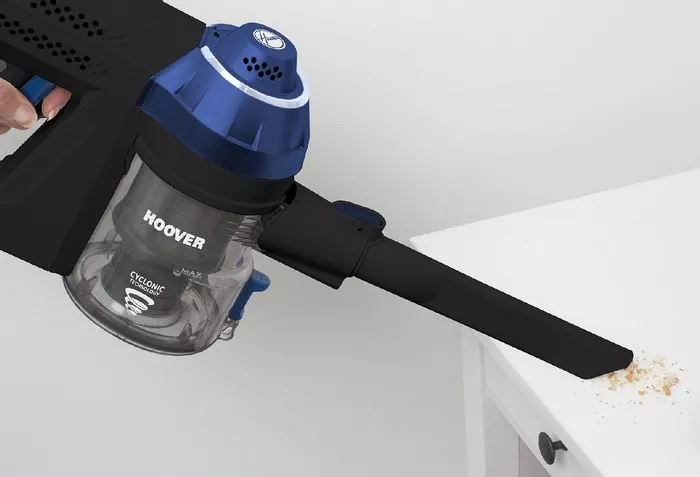When it comes to keeping your home clean, having the right vacuum cleaner can make all the difference. But with so many options available on the market, it can be overwhelming to choose the best one for your needs. In this guide, we’ll explore the key factors that make a vacuum good, from suction power to filtration systems, to help you make an informed decision.
Suction Power and Performance
One of the most important factors to consider when evaluating a vacuum cleaner is its suction power. A good vacuum should be able to effectively remove dirt, dust, and debris from various surfaces in your home, including carpets, hardwood floors, and upholstery. Look for models with high wattage motors or advanced suction technologies for optimal performance.
Additionally, consider the vacuum’s ability to maintain suction power over time. Some models may experience a decrease in performance as the dustbin fills up or the filters become clogged. Opt for a vacuum with strong airflow and efficient filtration to ensure consistent suction power throughout your cleaning sessions.
Versatility and Maneuverability
Another aspect to consider is the vacuum cleaner’s versatility and maneuverability. A good vacuum should be able to easily navigate around furniture and tight spaces, making it easier to clean every corner of your home. Look for models with swivel steering or lightweight designs for effortless maneuvering.
Additionally, consider the vacuum’s versatility in terms of cleaning attachments and accessories. A good vacuum should come with a variety of tools, such as crevice tools, dusting brushes, and upholstery attachments, to tackle different cleaning tasks effectively. This ensures that you can clean various surfaces and areas of your home with ease.
Filtration System and Allergen Control
For households with allergy sufferers or pets, a vacuum cleaner with a high-quality filtration system is essential. Look for models with HEPA filters or other advanced filtration technologies that can capture small particles and allergens, such as pollen, dust mites, and pet dander.
Additionally, consider the vacuum’s sealing mechanism to prevent allergens from escaping back into the air. Some models feature sealed systems that ensure all the air passes through the filtration system before being expelled, helping to maintain indoor air quality and reduce allergen exposure.
Durability and Reliability
Investing in a durable and reliable vacuum cleaner is crucial to ensure long-term performance and cost-effectiveness. Look for models made from high-quality materials, such as durable plastics or aluminum, that can withstand regular use and wear.
Additionally, consider the vacuum brand’s reputation for reliability and customer service. Reading reviews and testimonials from other users can provide valuable insights into the vacuum’s performance and longevity.
Noise Level
While not always a top priority, the noise level of a vacuum cleaner can impact your cleaning experience, especially if you have young children or pets at home. Look for models with quiet operation or noise-reducing technologies to minimize disruptions and make cleaning more enjoyable.
Conclusion
In conclusion, several factors contribute to making a vacuum good, including suction power, versatility, filtration system, durability, and noise level. By considering these factors and evaluating your specific cleaning needs, you can choose a vacuum cleaner that effectively removes dirt and allergens from your home while providing a pleasant cleaning experience.
FAQs
Q1: What is the best type of vacuum for pet owners?
A1: For pet owners, a vacuum with strong suction power and a high-quality filtration system is essential to effectively remove pet hair and dander from carpets, upholstery, and other surfaces. Look for models specifically designed for pet hair removal, such as those with specialized brush rolls and pet-specific attachments.
Q2: How often should I replace the filters in my vacuum cleaner?
A2: The frequency of filter replacement depends on the type of vacuum cleaner and its usage. In general, HEPA filters should be replaced every 6 to 12 months, while foam and felt filters may need to be washed or replaced more frequently, typically every 3 to 6 months. Refer to your vacuum cleaner’s user manual for specific recommendations.
Q3: Can I use a vacuum cleaner on hardwood floors?
A3: Yes, many vacuum cleaners are suitable for use on hardwood floors, but it’s essential to choose the right attachments and settings to avoid scratching or damaging the surface. Look for models with adjustable height settings or dedicated hardwood floor attachments to ensure gentle yet effective cleaning.

